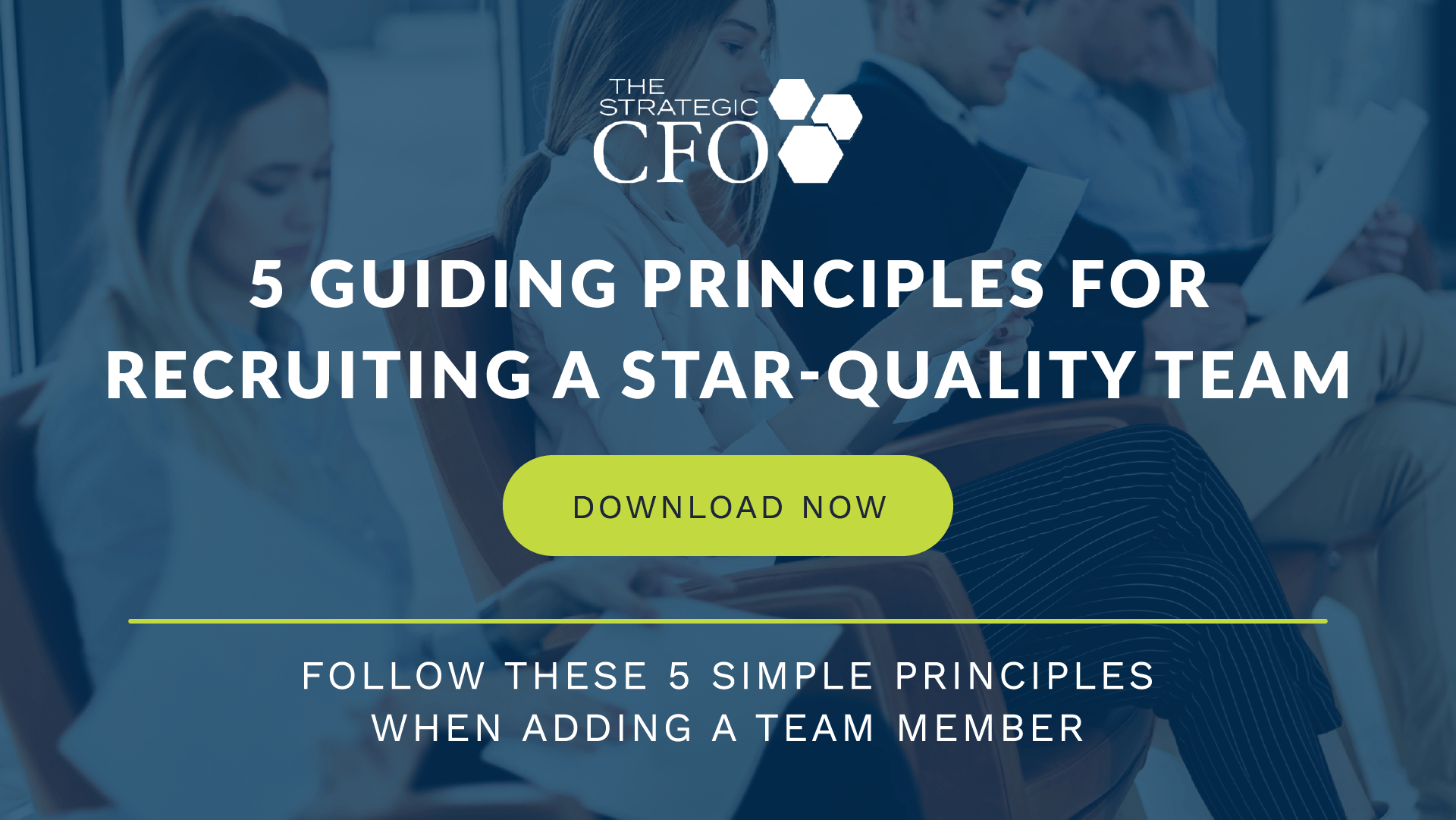
It’s the first week of May which means that caps will soon be flying in the air and college graduates will be entering the workforce. What these new workers may not know is that employers often have an unspoken expectation that graduates arrive job-ready on day one…
Sounds pretty reasonable, right?
But with advances in technology, many “entry-level” positions of the past have been automated. The result – fewer opportunities for new graduates to get in on the ground floor of an operation and learn the ropes. Instead, today’s graduates are expected to hit the ground solving problems rather than spending time getting their feet wet.
Oftentimes, graduates make academic decisions in order to increase their chances of securing the perfect job. With $1.3 trillion (and growing) in student debt, graduates are faced with the decision of whether or not to incur more debt to comply with increased expectations of employers.
What should be the employer’s expectations of those newly graduated job candidates?
Hiring Expectations for Recent Graduates
Accenture, a consulting firm, provided research and insights on college graduate expectations of employment in 2015. The results show that employers’ expectations and young people’s assumptions are not line.
College Graduates & Young Adult’s Expectations
An average 69% of college graduates believe that they need more post-graduation education or training to land their dream job. This could include, but is not limited to, earning an MBA, getting further certifications, etc. In addition, 77% of college graduates expect their future employers to provide additional training.
(Are you hiring new college graduates? Download our exclusive 5 guiding principles for building a star-quality team here.)
If you or someone you know is a recent college graduate, it’s imperative that you prepare based upon the employer’s expectations. While roughly 57% of employers provide on-the-job training, graduates should prepare for transitioning into the workforce as well as acclimating to the high standards expected.
(Know someone graduating this May? Pass this tip sheet along to them!)
Employer’s Expectations
Almost half (43%) of employers do not provide on-the-job training. Instead, these employers expect for these graduates to know everything. I suppose it makes sense to expect a 22-year-old who has invested $100,000 (give or take) into their college education to have the knowledge, capabilities, and resources to succeed in a position without any training, right?
My involvement with the Wolff Center for Entrepreneurship as a lecturer has taught me that graduates need training. Some of the students I work with have had numerous internships at prestigious organizations, but they still require on-the-job training (it could even look like a mentorship). But no organization is the same. Each potential employee that you hire has to learn the systems, the culture, and more importantly, how to be successful within your organization.
There are two things that employers can look at: skills and talents.
Skill [skil]: the ability to do something well; expertise
Talent [tal-uh nt]: natural aptitude or skill
I can teach skills, but I can’t teach talent.
Here are a few expectations I have of all employees (including new grads):
- managing multiple priorities
- making decisions
- problem solving
- written and oral communication skills
There are appropriate expectations for any job, but it’s important to analyze the expectations that you have and the consequences they may create. An employer should focus on how to discover the natural talents that a job candidate has than to teach skills and further develop their talents.
Employee Turnover
Employee turnover accounts for the cost of acquiring, maintaining, and firing/resigning an employee. There are also costs in every stage in sustaining an employee within your organization. This includes employees that quit, are let go or retire.
Considering employee’s compensation, your investment in your human capital, training, hiring, benefits, and so much more, it’s no wonder that the #2 reason why businesses fail is because of employee turnover!
While there is no perfect equation to calculate an organization’s employee turnover, it can roughly be calculated as the number of employees who have left divided by the total number of employees in that segment (# left in time period/# total employees in segment.) For example, if Company A lost one of its fifteen employees in one year, then its annual turnover would be 6.67% or 1/15.
No matter how you calculate employee turnover, it’s important to keep your expectations of your employees (including your new grad hires) reasonable. If you’re not careful about how to care for your team, then your employee turnover ratio will go through the roof.
Hiring a Star Quality Team
There are many factors that go into running a successful company. Hiring a star quality team is essential to grow your company. For most organizations, people are at the root of the company’s success. Whether you own a mom & pop restaurant, manage a local hardware store, or own an oil & gas equipment manufacturing company, your team is vital to your success.
 Even though the price of oil is slowly climbing up after it’s long economic downturn, fewer professional jobs are available during this time; however, the demand for talented candidates remains high. This becomes a cyclical issue that you as the financial leader, CEO or decision maker will have to continually face.
Even though the price of oil is slowly climbing up after it’s long economic downturn, fewer professional jobs are available during this time; however, the demand for talented candidates remains high. This becomes a cyclical issue that you as the financial leader, CEO or decision maker will have to continually face.
Unfortunately, universities fail to efficiently train students to transition their school-based skills and talents to the workforce. Until universities transition students into employees, hire based on the potential for the employee to grow.
(Are you trying to build a star-quality team? Download our free, exclusive 5 guiding principles for building a star-quality team here.)










